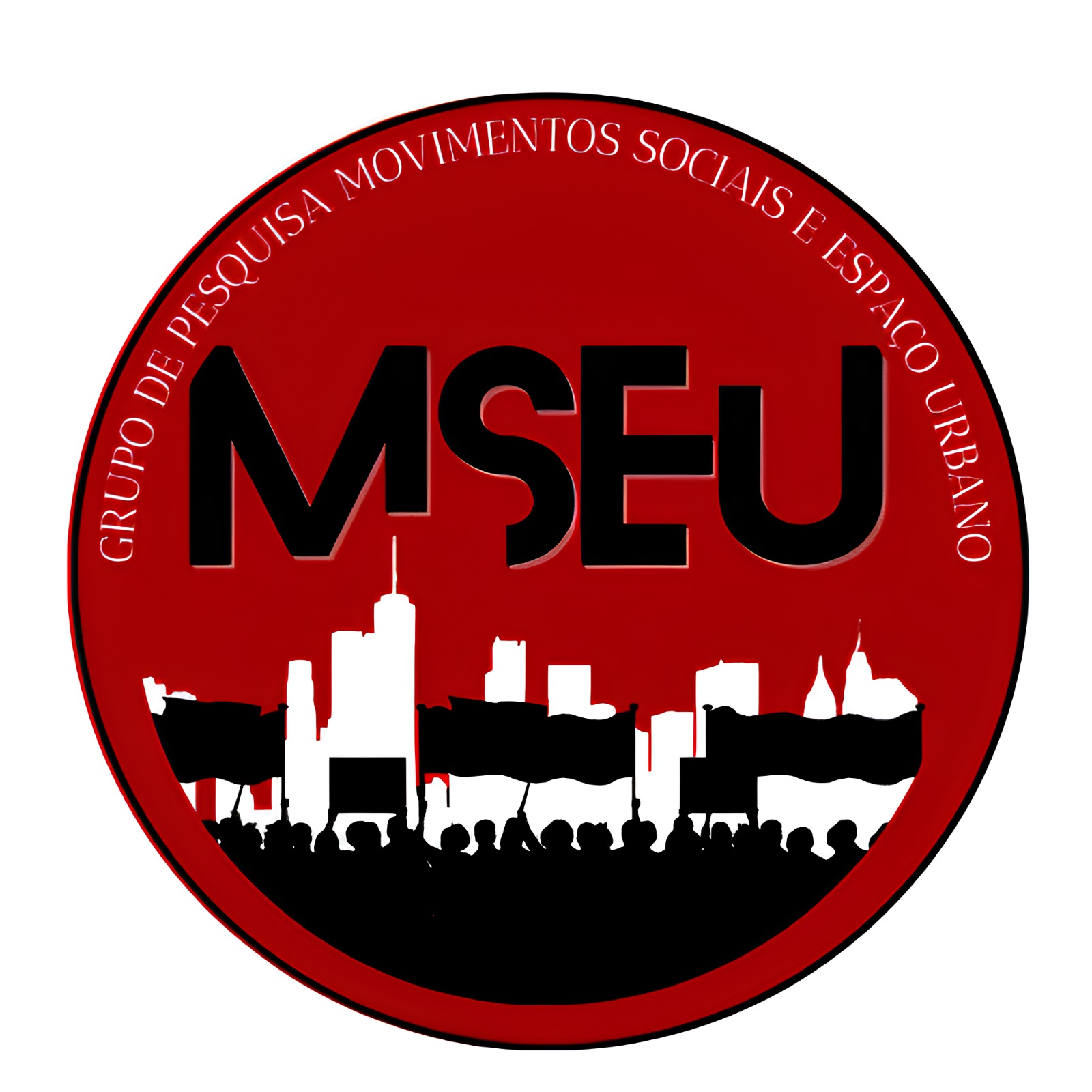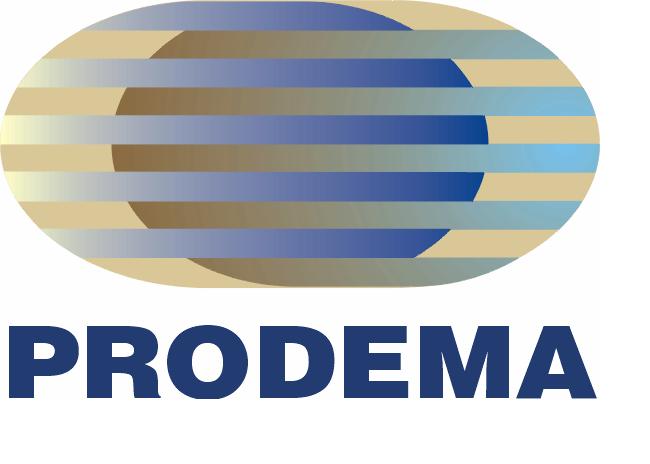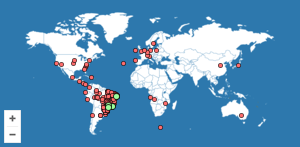Dialética e Desenvolvimento em Furtado
Palavras-chave:
Celso Furtado, dialética, desenvolvimento, complexidade, emergênciaResumo
Este texto expõe duas teses. A primeira é que Celso Furtado não chegou a tomar conhecimento dos recentes avanços da dialética entre os cientistas naturais, e por isso não percebeu o real alcance desse estilo de pensamento. A segunda, é que a forte influência do pensamento de Marx sobre sua visão do capitalismo foi logo deslocada pela de Schumpeter, e depois - de forma ainda mais profunda - pela de Weber. Daí a importância de se distinguir com mais clareza, numa possível reabertura do debate sobre a dialética do desenvolvimento, três noções que são amalgamadas, com grande freqüência, gerando imensa ambigüidade: “desenvolvimento econômico”, “desenvolvimento do capitalismo”, e “desenvolvimento” tout court.
Downloads
Publicado
Edição
Seção
Licença
Autores mantêm os direitos autorais e concedem à revista o direito de primeira publicação, com o trabalho simultaneamente licenciado sob a Licença Creative Commons Atribuição 4.0 Internacional (CC BY 4.0) que permite o compartilhamento do trabalho com reconhecimento da autoria e publicação inicial nesta revista.






















